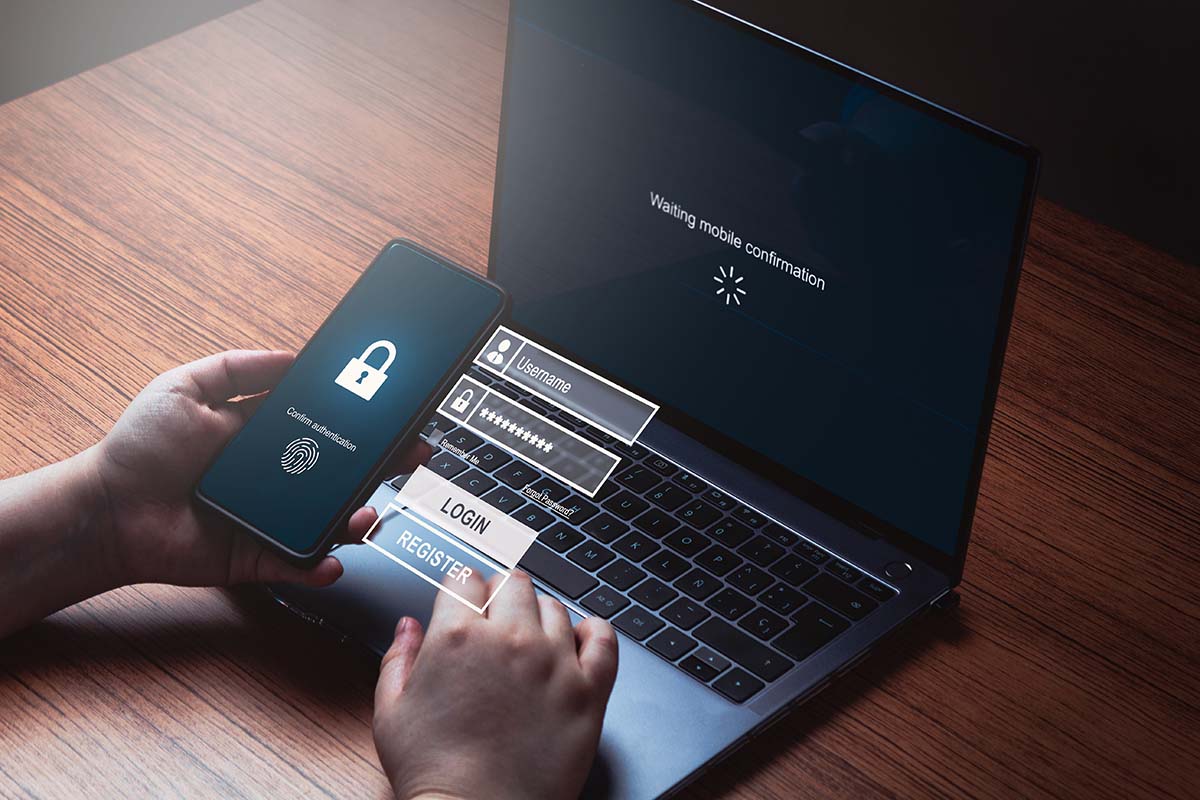How Your Home Cybersecurity Can Protect Or Threaten Your Business Data
Data breaches are a threat to every business, and no business is too small to be affected.
CNBC reported last October that cyber attacks now cost companies an average of $200,000 can your business afford that kind of expense?
Forty-three percent of cyber attacks now target small businesses, and many end up closing their doors forever due to the cost and reputational damage of suffering an attack.
No matter how big or small your company is, you need to remain vigilant against cyber attacks. In these uncertain times, business owners have enough to worry about.
And now that you’re probably working from home more than ever, you need to be especially aware of the possible weaknesses in your home cybersecurity.
How you use the internet at home, and what devices you use on your time, can leave your business data exposed — or add another layer of protection.
Don’t Mix Business and Personal on the Same Device
One of the most important things you can do to protect your business data is to keep separate devices for work and play.
That means a separate smartphone for work-related calls and emails, and a separate laptop and/or tablet for business purposes.
That’s an extra expense, sure, but it is the one that can be written off.
And it makes your business data safer, because if someone accesses your devices – whether by gaining physical access to them or hacking into them – they won’t be able to access any of your business contacts or data.
Similarly, you should only use your business devices for business purposes.
If you want to play games or browse Facebook, use a personal device.
Even pointless web browsing could pose a risk to your business data if done on a business device because malicious websites are growing increasingly common, and mobile devices aren’t safe from them.
Not only will strictly using business devices only for business keep them safer, but it’ll also make it easier to focus while you’re working and easier to switch off mentally when you’re done.
Stay Vigilant When You’re Using Your Home Network
Whether you’re using your business or personal devices on your home network, don’t let your guard down.
Stay wary of phishing emails and remain alert to social engineering attacks.
Avoid clicking on links in emails, unless you know the person and are expecting the email, and don’t download any attachments from unknown senders, or even from senders purporting to represent organizations or institutions you do business with or are otherwise involved with.
Don’t download or install any apps on your personal or business devices without reading reviews and doing careful research to make sure they’re safe.
In essence, malware has even popped up in the Apple App Store, so it’s up to you to do your due diligence here.
Implement a Home Security Solution
Don’t rely entirely on your wits, keen though they are, to protect your network and devices, both business and personal, from malware, viruses, ransomware, data thieves, and other threats.
You need to secure your home network with a comprehensive security solution that protects every connected device in your home — yes, even the light bulbs and the fridge.
Internet of Things (IoT) connected devices have known security flaws, so you need a home network security solution that will guard all of the traffic coming into and out of your home network, giving you total control over who and what is connected.
Thigs that lets you view both real-time threat notifications and a recent events timeline.
Home Cybersecurity: Protect Yourself with Network Segmentation
Network segmentation refers to the practice of segregating different devices onto different wireless networks within the same home.
You could segregate risky IoT devices onto one network, for example.
If one of them is compromised, the hackers won’t be able to access any of the more data-rich tablets, laptops, or smartphones on your real network.
You could even go so far as to create a separate virtual local area network (VLAN) for your business devices so that if a personal device is compromised, the hackers won’t be able to access your business data.
The safest option — keeping everything on the same network is the riskiest.
Did you know that the way you handle data security at home can put your business data at risk?
It can. Take steps to beef up your home security, or get ready to deal with the aftermath of a data breach that could spell doom for your company.



















